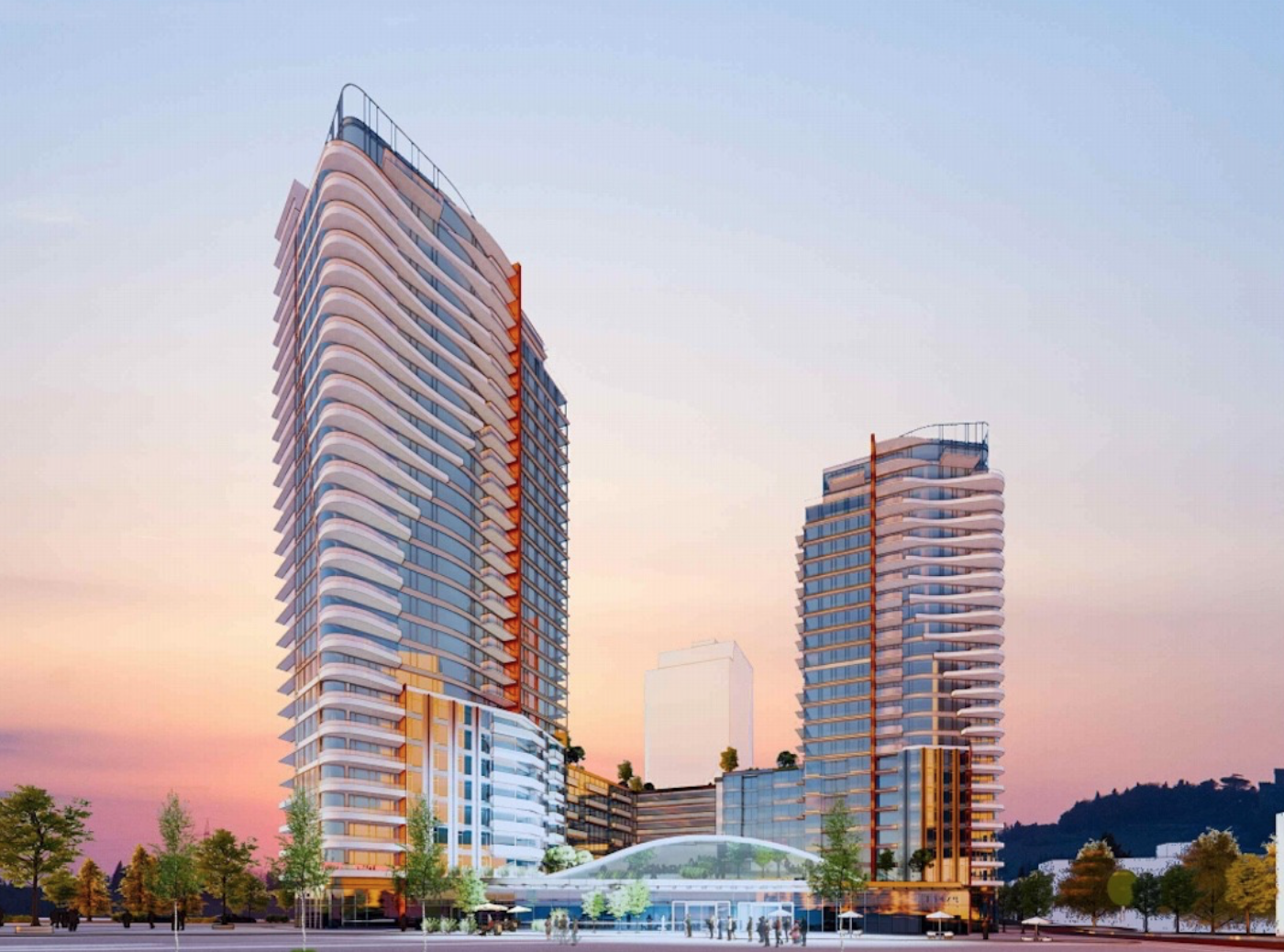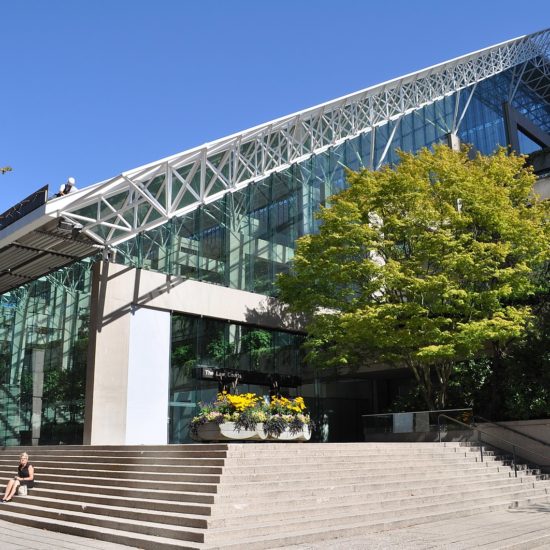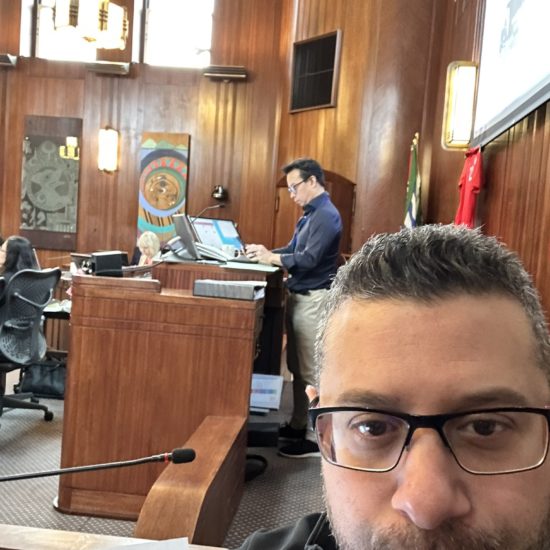
Bob Mackin
Will Vancouver Mayor Kennedy Stewart vote on two matters involving campaign donors?
The July 23 city council agenda includes rubber-stamping development on one side of the Onni Group-owned Pearson-Dogwood site in Marpole and a proposal to turn a strata building in its first phase into a rental.

Mayor Kennedy Stewart (Mackin)
Stewart’s successful independent campaign received $7,200 in donations from four members of the De Cotiis family, including $1,200 from the founder of Onni Group, Innocenzo De Cotiis (Oct. 5, 2018), and $2,400 from president Rossano De Cotiis (Oct. 5, 2018 and Feb. 21, 2019).
On Jan. 18, Stewart met at city hall with Onni vice-president Chris Evans and chief of staff Duncan Wlodarczak, the former deputy executive director of Vision Vancouver. On Jan. 22, Amacon’s Marcello De Cotiis and business development director Stepan Vdovine met Stewart.
The NDP government banned corporate and union donations in 2017 and capped individual donations to $1,200, but it hasn’t stopped developers from donating in their own name.
Stewart’s press secretary, Alvin Singh, did not respond for comment.
The city hall code of conduct says that council officials, staff, and advisory board members “are to be free from undue influence and not act or appear to act in order to gain financial or other benefits for themselves, family, friends, or business interests.
“A conflict exists when an individual is, or could be, influenced, or appear to be influenced, by a personal interest, financial (pecuniary) or otherwise, when carrying out their public duty. Personal interest can include direct or indirect pecuniary interest, bias, pre-judgment, close mindedness or undue influence.”
Despite the 2017 big money ban, developer donations remain an issue in B.C.

Artist rendering of Pearson Dogwood (IBI Group)
At a mid-June District of North Vancouver council meeting, Coun. Jim Hanson tabled a motion aimed at discouraging politicians from taking donations from developers and to force them to recuse themselves from votes involving applications from developers who donated. Rather than adopting the motion, council voted 5-2 to refer the motion to a workshop. Hanson and Coun. Barry Forbes were opposed.
In September 2017, Democracy Watch’s Duff Conacher told theBreaker.news that the $1,200 limit was still higher than what an average B.C. voter could afford.
“Such a high limit for donations from individuals will obscure, not stop, the influence of big money in B.C. politics, as it will be easy for any business to have, for example, 10 executives and their spouses each give the maximum, which will add up to a $100,000 donation,” Conacher said. “The media and the public will have difficulty tracing those donations back to the business, especially if the executives have common names or their spouses have different last names or are not publicly known.”
Conacher suggested B.C. follow Quebec, where the donation limit is $100 a year provincially. Quebec political donors must also disclose their employer as a safeguard to prevent a company or union from using executives and workers to make donations in exchange for reimbursement.
The staff report to Vancouver city council recommends council add more floors to proposals to redevelop the Oakridge Transit Centre and Pearson-Dogwood sites, both former public land. The measure, formally called “Intensification of Large Sites to include Moderate Income Rental Housing,” also contemplates China-owned Modern Green Development Corp. seeking to add 125,000 square feet to its 13.8 acre site. Onni Group wants to convert a phase one building from strata to rental on the 25.4 acre site.
“Combined these two sites offer a unique opportunity to potentially secure approximately 300,000 sq.ft. for moderate income rental housing, based on the considerations outlined in this report, which could yield 350-400 units depending on unit size and composition. The proposed buildings are located in early phases of project development and could be delivered in the near term (2-5 years).”
Support theBreaker.news for as low as $2 a month on Patreon. Find out how. Click here.











